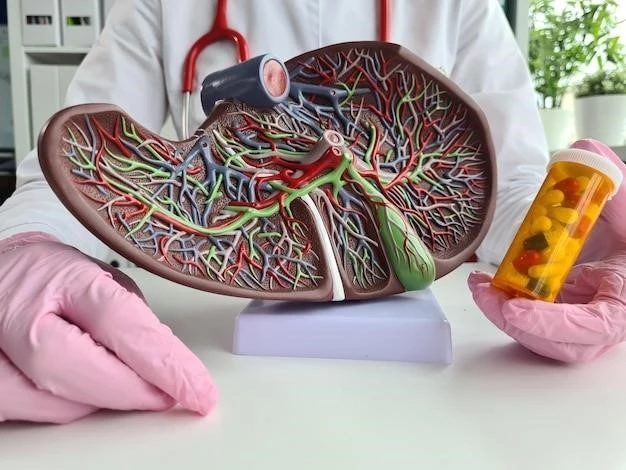Introduction
Abnormalities of the urachus include the patent urachus‚ cysts‚ sinus‚ and fistula. Each of these entities represents a failure of complete obliteration of the urachus. Contrary to other urachus anomalies‚ urachal cysts are usually small and silent unless they are infected. Discover more about this condition below.
Overview of Urachal Cyst
Urachal cysts are small fluid-filled sacs located between the bladder and umbilicus. They are rare congenital anomalies resulting from the incomplete closure of the urachus‚ a structure that connects the bladder to the umbilical cord during fetal development. These cysts are usually asymptomatic but can lead to complications if infected. Understanding the diagnosis‚ potential complications‚ and treatment options for urachal cysts is crucial for optimal management.
Causes of Urachal Cyst
Urachal cysts are typically a result of the failure of complete closure of the urachal lumen during fetal development. This incomplete closure leads to the formation of a cyst between the bladder and umbilicus; Understanding these causes is crucial for managing this condition effectively.
Failure of Complete Urachal Lumen Closure
The incomplete closure of the urachal lumen during fetal development leads to the development of urachal cysts‚ causing a communication between the bladder and the umbilicus. This failure of closure allows for the formation of a cyst lined with urothelium‚ which can become infected and lead to various complications.
Symptoms and Diagnosis
Urachal cysts can often be asymptomatic but may lead to infections and complications. Diagnosis typically involves imaging studies to visualize the cyst and its location. It’s important to recognize early signs to initiate appropriate management promptly.
Signs of Infection and Complications
Infected urachal cysts can present with symptoms such as abdominal pain‚ fever‚ and drainage of cloudy or bloody fluid from the umbilicus. Early recognition of these signs is crucial to prevent complications and initiate appropriate treatment promptly.

Treatment Options
Addressing a urachal cyst may involve primary excision of the cyst. Understanding the available treatment options is essential to manage the condition effectively.
Primary Excision of the Cyst
The mainstay treatment for a urachal cyst often involves surgical excision of the cyst; This procedure aims to remove the cyst entirely and prevent any potential complications associated with the presence of the urachal abnormality. Understanding this treatment option is essential for ensuring successful management of the condition.
Management of Infected Urachal Cysts
Infection of a urachal cyst can lead to significant complications. Understanding the traditional two-stage treatment approach for managing infected urachal cysts is crucial for ensuring optimal outcomes and preventing further issues.
Two-Stage Traditional Treatment Approach
For the management of infected urachal cysts‚ a two-stage traditional treatment approach is commonly utilized. This method involves specific steps and considerations aimed at effectively treating the infection and preventing further complications. Understanding this traditional approach is crucial for healthcare professionals and individuals dealing with infected urachal cysts.

Incidence and Asymptomatic Cases
Urachal cysts occur in about 1 in 5‚000 live births‚ with most cases being asymptomatic. Recognizing asymptomatic cases is important to address potential complications early on.
Rarity and Clinical Relevance
Urachal cysts are considered rare conditions and are typically asymptomatic. While the incidence is relatively low‚ recognizing the clinical relevance of urachal cysts is crucial. Understanding the rarity of this condition and its potential significance in clinical practice can aid in early detection and appropriate management.
Prevention and Prognosis
Early recognition of signs and symptoms is crucial for the optimal management of urachal cysts. Prompt treatment can help prevent complications and improve the prognosis of individuals with this condition.
Recognizing Early Signs for Optimal Management
Early recognition of symptoms such as abdominal pain‚ fever‚ and umbilical drainage is crucial in managing urachal cysts effectively. Prompt identification allows for timely intervention‚ reducing the risk of complications and ensuring optimal outcomes. Healthcare providers should be vigilant in recognizing these early signs to provide appropriate care for individuals with urachal cysts.
